Description
Antimonium Tartrate Potassium: A Look at a Historical Compound
The name “Antimonium Tartrate Potassium” might sound like something out of an old alchemy textbook, and in a way, it is. This compound, also known as tartar emetic or potassium antimonyl tartrate, boasts a long and somewhat controversial history in medicine and beyond. While its use has drastically declined in modern times, understanding its properties and past applications offers a fascinating glimpse into the evolution of medical practice.
What is Antimonium Tartrate Potassium?
At its core, Antimonium Tartrate Potassium is a chemical salt. It’s formed by combining the element antimony with potassium and tartaric acid. In its pure form, it is a colorless, odorless, crystalline powder with a slightly sweet taste. However, this sweetness can be deceiving, as the compound is toxic if ingested in large amounts.
A History of Use and Controversy
The use of Antimonium Tartrate Potassium dates back centuries. It gained popularity in the 17th and 18th centuries as a potent emetic (a substance that induces vomiting). Physicians believed that purging the body of “bad humors” was essential for healing, and tartar emetic was a powerful tool in their arsenal. It was widely prescribed for a variety of ailments, from fevers and respiratory illnesses to digestive issues.
However, its effectiveness was often dubious, and the side effects could be severe. Patients experienced violent vomiting, diarrhea, and even death from overdoses. This led to ongoing debates about its safety and efficacy, with some vehemently defending its use and others condemning it as dangerous.
Beyond medicine, Antimonium Tartrate Potassium was also employed in other, sometimes surprising, applications:
Textile Dyeing: It was used as a mordant, a substance that helps dyes adhere to fabrics, providing vibrant and lasting colors.
Pest Control: Its toxicity made it an effective insecticide and rodenticide.
Animal Husbandry: In some instances, it was used to treat certain parasitic infections in livestock.
Modern Use and Considerations
Today, the use of Antimonium Tartrate Potassium in human medicine is extremely limited. It is no longer considered a safe or effective option for inducing vomiting. Modern emetics like ipecac syrup are much safer alternatives.
However, Antimonium Tartrate Potassium is not completely obsolete. It still finds a niche in veterinary medicine, primarily to treat certain parasitic infections in livestock, particularly in ruminants (animals that chew cud like cows, sheep, and goats). Its use in veterinary medicine requires careful monitoring and administration by a trained professional due to its toxicity.
Toxicity and Safety Concerns
The toxicity of Antimonium Tartrate Potassium cannot be overstated. Antimony is a heavy metal, and excessive exposure can lead to severe health problems, including:
Gastrointestinal distress: Nausea, vomiting, diarrhea, abdominal pain.
Cardiovascular problems: Irregular heartbeat, low blood pressure.
Kidney damage: Reduced kidney function.
Neurological issues: Seizures, confusion.
Death: In cases of severe overdose.
Therefore, proper handling and storage of this compound are crucial. It should only be used under the guidance of a qualified professional.
Conclusion
Antimonium Tartrate Potassium is a compound with a long and complex history. Its past applications, while reflecting the medical understanding of earlier times, highlight the importance of scientific rigor and evidence-based practices. While its use in human medicine is now largely a thing of the past, understanding its properties and its legacy offers valuable insights into the evolution of medicine and the importance of carefully evaluating the safety and efficacy of any treatment. Its continued, albeit limited, use in veterinary medicine necessitates a thorough understanding of its properties and potential dangers.

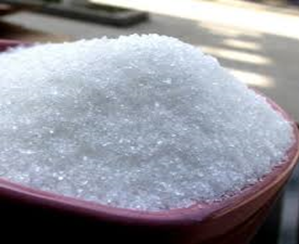
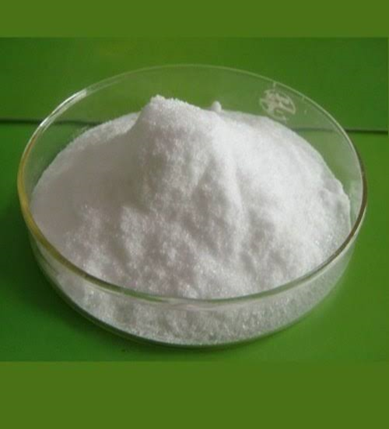
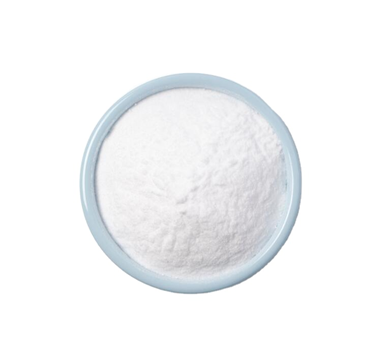
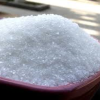
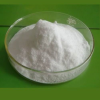
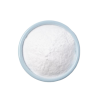
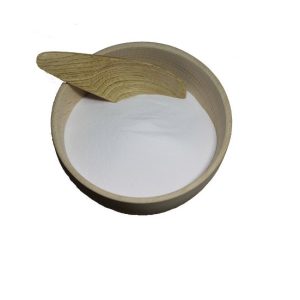
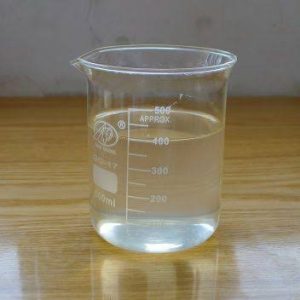
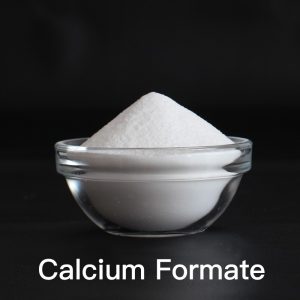
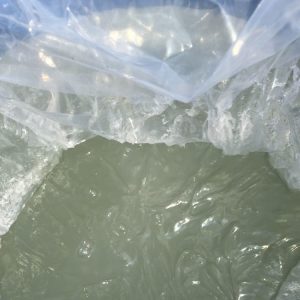

Reviews
There are no reviews yet.